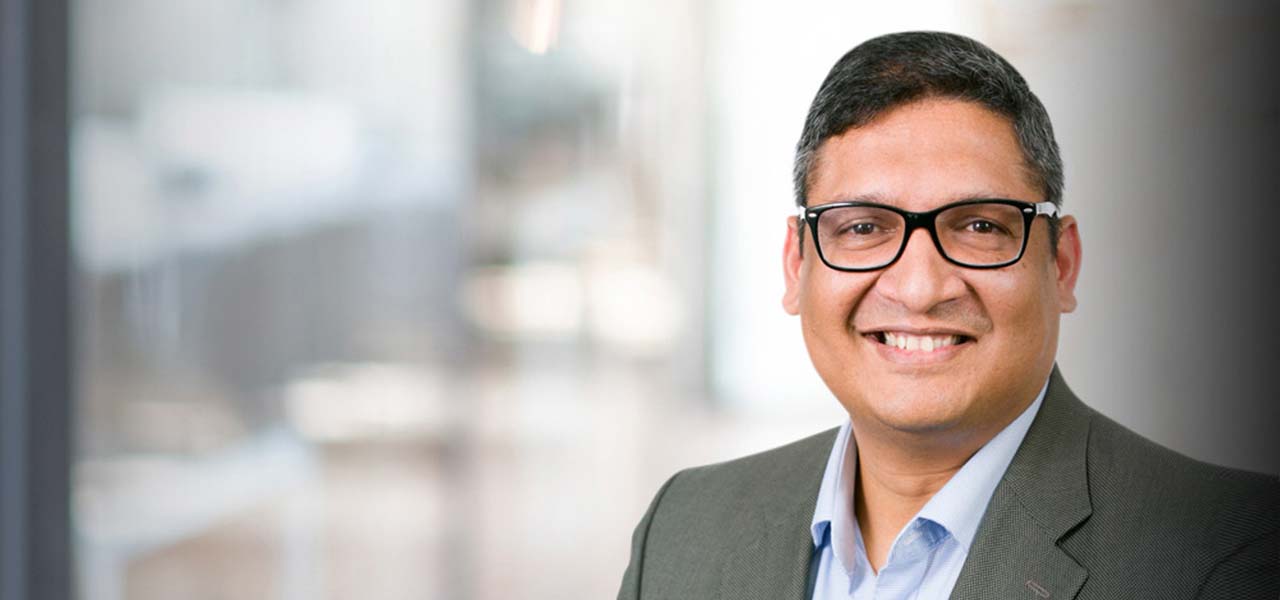Hear from our Dedicated Career Coaches
Expert tips to kickstart a bright career in accountancy
The effects of Covid-19 have impacted individuals in varying degrees. But one sentiment that underscores every stratum of society is that of uncertainty. In particular, the insecurity surrounding job prospects and career trajectories seems to be heightened by the pandemic-triggered economic volatility and shifting business landscape.
However, the instability of today’s workforce can be mitigated by upgrading one’s skillsets as a powerful hedge against multiple disruptions. Furthermore, upskilling can position professionals for an upturn: Despite the adverse effects of Covid-19 on the economy, professional accountancy services, for example, remain high in demand. Over 40 per cent of respondents to the Association of Chartered Certified Accountants’ “2020 COVID-19 Global Survey: The Road to Recovery?” survey saw more opportunities in providing services relating to business continuity and resilience, as well as tax compliance and advisory. “The Market Demand for Professional Accountancy Services in the Asia-Pacific FY2021-2024” report also noted a gap between IT professionals and skilled talent that understands business intelligence — one that can be filled by professional accountants who can combine their financial and management expertise with technology.
And the time is certainly ripe for furthering one’s knowledge domain in the field of accountancy and finance, with 6,500 new roles expected to be created in the financial sector in 2021, here in Singapore. “You will be happy to know that the accounting sector is still actively and aggressively hiring,” says Eunice Loke, SMU Assistant Director, Postgraduate Career Services (PGCS). “Business prospects are expected to improve especially in the merger & acquisition (M&A), environmental, social and governance (ESG) and consulting spaces.”
And while career guidance services are more often associated with undergraduates entering the workforce for the first time, the SMU Postgraduate Career Services (PGCS) maintains a high-touch relationship with all postgraduate students at the onset of their programmes. For example, the PGCS organises networking events designed to benefit the more experienced students in the programme. The curated line-up of events also showcases its ties to the industry and the invaluable connections that students can gain. From sending out welcome notes at orientation with an introduction to dedicated career coaches, to personalised sessions to better understand students’ career aspirations with the help of assessment tools and workshops, the PGCS offers as many meetings as required to craft the professional journeys of postgraduate candidates.
The new normal of recruitment
Besides an initial mandatory meeting, PGCS also organises a customised suite of career workshops to ensure its students are job market-ready, complete with mock interview sessions to assess students’ interview competency — especially given that the Covid-19 pandemic has made virtual recruitment and video interviews the new norm.
“The change may be uncomfortable at first, but talent acquisition professionals are up for the task,” notes Patrick Han, Senior Manager PGCS. “Initial phone screenings have remained from the pre-Covid recruitment era, but the face-to-face interview has moved online. In fact, after a year of working from home, recruiters have become used to virtual interviews. It has provided both recruiters and candidates convenience, flexibility and time efficiency.”
Eunice and Patrick, therefore, recommend honing online interview habits, such as preparing and testing technological tools like the WiFi connection, and audio and visual apparatuses, to ensure minimal disruptions. It might also help to log on five to 10 minutes before a scheduled online interview for a sound and video check, and to keep the background and lighting professional. Another pro tip: Remember to make “eye contact” with the camera and not the screen to better engage with the interviewer.
Timeless cornerstones of interview success
With most students and professionals spending most of our days working from home, some among us may neglect tried-and-tested best practices for interviews that apply across virtual and physical interactions. However, Eunice and Patrick state that a hybrid of both types of interviews shall prevail. For example, recruiters tend to form a first impression as early as within the first 10 seconds. As such, it is imperative to dress professionally and be mindful of your body language — regardless of the interview setting. “Remember 70 per cent of communication is non-verbal,” adds Eunice.
“Often, one of the most important questions that recruiters have in mind is, ‘Do I want to work with you?’. While it’s crucial to make a lasting impression, it’s equally important to have knowledge about the business, the role, and the interviewers.” Be sure to ace an elevator pitch-style self-introduction: A 90-second speech summarising who you are, your background, and what you want from your next job. It should relay your unique selling propositions and your knowledge, skills, and accomplishments. Furthermore, the preparation carried out before an interview— such as research about the industry, company, and interviews — plays a huge part in helping candidates approach the interview in a calm and composed manner.
“Today, many organisations are using behavioural interview questions to better understand what you have done and how your skills and experiences can contribute to the role that you are applying for,” notes Patrick. “Reflect upon two to three previous experiences that describe your accomplishments and demonstrate how you dealt with challenging situations.”
Be future-ready for the new state of accountancy
And while the pandemic has shaken the economy, it has also sparked new employment trends in the field of accountancy. For example, Eunice and Patrick have noted several roles in high demand, including positions in sustainability, data science, management consultancy, internal auditing, and risk management. As technological breakthroughs are increasingly automating previously manual elements of an accountant’s job scope, accounting professionals need to also develop new expertise to thrive in today’s Industry 4.0 environment.
“We would highly encourage our students to pick up some IT-driven skillsets – data analytics, cyber security, Internet of Things, and cloud computing,” suggest Eunice and Patrick. “In addition, students who are proficient in the local tax system, have the ability to analyse and prepare financial reports, propose effective business plans and story tell will stand out among the crowd.”
##
For more information on how the MPA and MSA can take your career to the next level, visit smu.edu.sg/mpa or smu.edu.sg/msa. Alternatively, find out more about our programmes from our upcoming events here.





